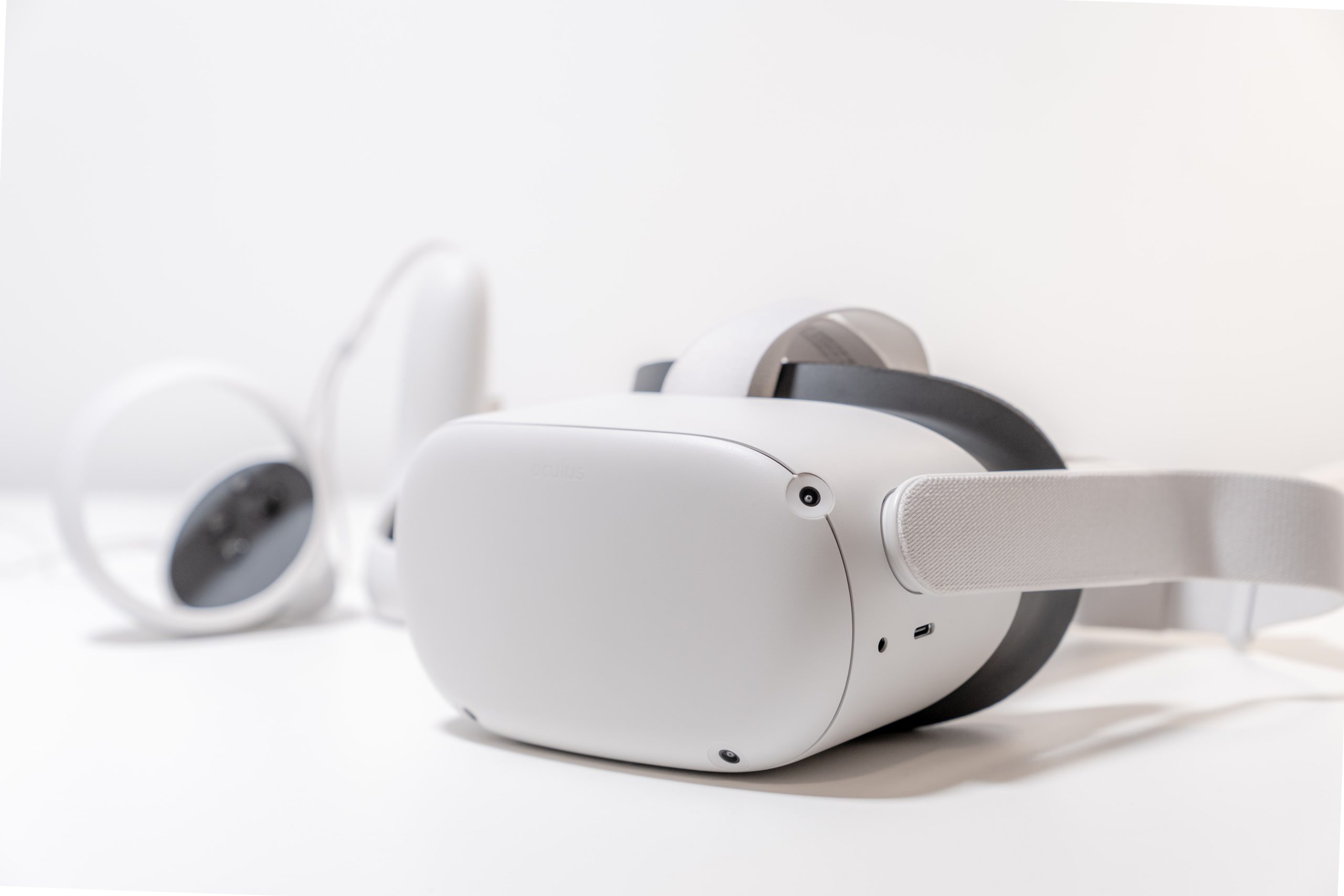Cognitive impairments related to memory, such as Alzheimer’s and Dementia, are heartbreaking and difficult to treat for both family members and caregivers. While causes for each still elude researchers and physicians, contributions from York assistant professor and researcher Lora Appel, and her team’s utilization of virtual reality (VR), may prove revolutionary when it comes to therapy and treatment.
In collaboration with Baycrest’s Centre for Aging and Brain Health Innovation and Michael Garron Hospital, Appel and her team are currently researching the efficacy and application of VR technologies specifically with Dementia patients.
“I discovered that there is a huge need and no suitable solutions for this group, and it’s a very challenging, interesting population. If you can manage the needs and design an intervention for the highest-needs group, it’s likely applicable to others,” says Appel.
Research by Appel and her team published in The Journal of Rehabilitation and Assistive Technologies and Engineering, shows that “VR represents a promising tool for promoting wellbeing in persons with Dementia, with positive or neutral impact reported on emotional, social, and functional aspects of wellbeing.”
Treatment consists of Dementia patients who are shown images of nature and are progressed to scenes that are expected to have more meaning for the patient, with the hopes that a positive memory or experience will be triggered — the main focus is alway the improvement in quality of life. Because the effects of triggered memory can be so powerful, Appel and her team are incredibly careful about what they show to each of their patients.
“We always try to gather as much information about participants before we expose them so that we understand their history. I’ve had maybe one slightly negative outcome from a participant in all my studies, but even in this case the reaction was first nostalgic and then a bit frustrated or sad.
“The important take-away is that, as is the case with medicine and healthcare in general, we need to customize and tailor approaches to the individual. Personalized and precision-healthcare is the future, and technological interventions like VR are especially capable of addressing this need,” Appel continues.
Appel is currently excited to be working on several projects that also centre around the utilization of VR in therapies, such as implementing VR as another tool to help nursing staff de-escalate and manage patients in the psychiatric units.
Appel is also conducting further studies with Michael Garron Hospital about the use of VR in the Intensive Care Unit (ICU) and looking at the possibility of relaxing patients when extubating them and involves seeing applications of VR in the ICU — mostly interviewing, and running simulations with a mannequin in the real ICU environment to work out the potential kinks. Appel’s team has also received ethics approval to launch a randomized controlled trial looking at the use of VR to reduce anxiety due to needle-phobia and increase vaccine-success rate in those ages five to 12 getting their COVID-19 vaccinations (or future vaccines like the annual flu).
Were that not enough, Appel is also involved with two more studies with York: together with an psychology undergraduate student designing and evaluating a VR therapy to reduce anxiety in people with epilepsy, and working with Dr. Joel Katz and their PhD student to help design and evaluate a VR intervention helping amputees decrease their phantom limb pain.


